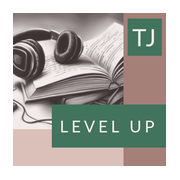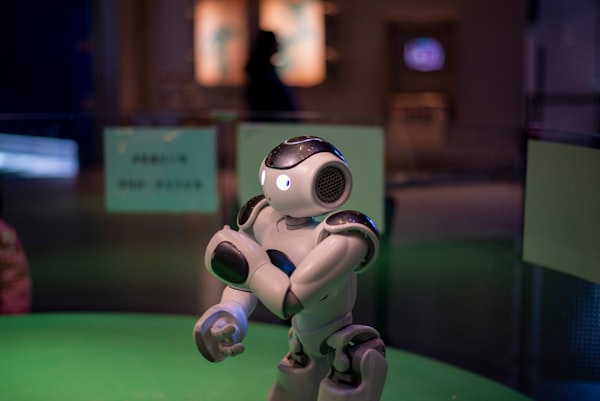Cognitive Biases
Cognitive biases are like tricks that our brains sometimes play on us.

Cognitive biases are like tricks that our brains sometimes play on us. They can make us think or decide things in ways that might not be completely right. Let's look at a few of these tricks:
Confirmation Bias: This is when we only pay attention to things that agree with what we already believe. It's like wearing sunglasses that only let in the sunny ideas and not the cloudy ones.
Anchoring Bias: Imagine you see a sale sign that says "50% off." You might think it's a great deal without checking if the original price was too high. That's anchoring bias, where the first number you see sticks in your mind.
Availability Heuristic: This is when we think something is more likely to happen just because we've heard about it recently or often. For example, if you hear about shark attacks a lot on the news, you might think they happen all the time, even if they're rare.
Hindsight Bias: It's when we say, "I knew it all along!" after something happens. Our brain tricks us into thinking we predicted the outcome when we really didn't.
Overconfidence Bias: This happens when we're too sure of ourselves. For example, one study found that 93% of American drivers believe they are better than average drivers. It is mathematically impossible for this to be true.
Dunning-Kruger Effect: Some people think they're really good at something, even if they're not experts yet. It's like thinking you're the best chef ever after making just one delicious dish.
Bandwagon Effect: This is when we do something just because everyone else is doing it. It's like wearing a certain style of clothes just because it's popular, even if you don't really like it.
Sunk Cost Fallacy: Imagine you buy a movie ticket, but the movie is boring. Instead of leaving, you stay because you already paid. That's the sunk cost fallacy – doing something just because you've already spent time or money on it. However, now you've wasted both money and time.
These biases can make us make mistakes in our thinking, so it's important to be aware of them and try to think more carefully when making decisions.
Questions
1. You have always believed that people who drink coffee in the evening have trouble falling asleep. One day, you read an article that confirms your belief, and you share it with your friends, ignoring other articles suggesting that evening coffee doesn’t affect sleep. This is an example of:
- A) Anchoring Bias
- B) Confirmation Bias
- C) Availability Heuristic
- D) Hindsight Bias
2. After watching news reports about car thefts in your city, you start to believe that such incidents are much more common than they actually are. This is an example of:
- A) Overconfidence Bias
- B) Dunning-Kruger Effect
- C) Bandwagon Effect
- D) Availability Heuristic
3. After watching a soccer match, you feel that you knew all along what the outcome would be. This is an example of:
- A) Hindsight Bias
- B) Sunk Cost Fallacy
- C) Confirmation Bias
- D) Anchoring Bias
4. Many of your friends start using a new social media app and write positive reviews about it. Despite not finding the app useful yourself, you start using it because everyone else is doing it. This is an example of:
- A) Bandwagon Effect
- B) Overconfidence Bias
- C) Availability Heuristic
- D) Hindsight Bias
5. You buy tickets to a concert but when the day comes, you’re feeling unwell. Despite this, you decide to go because otherwise, the money spent on the ticket would be wasted. This is an example of:
- A) Sunk Cost Fallacy
- B) Dunning-Kruger Effect
- C) Confirmation Bias
- D) Bandwagon Effect
Answers
1B 2D 3A 4A 5A
Get free line-by-line translations, play a matching game, and earn listening points by clicking the link below.

Learn More

:max_bytes(150000):strip_icc()/what-is-a-cognitive-bias-2794963_V1-a96938160eea438cb3b5e2ed9f20cee0.png)





